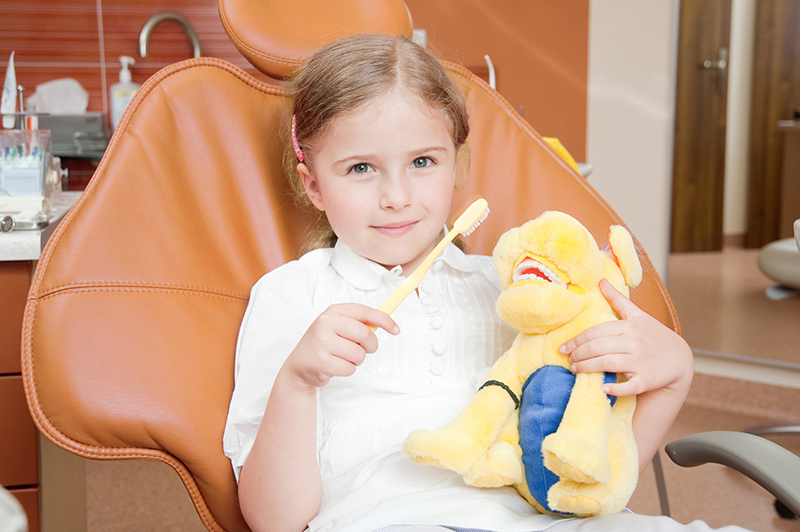kids#8217; dentist) & a general dentist. The first thing to know is that all dentists are qualified to treat children. There is no difference between the DDS, DMD or BDS degrees that both types of dentists hold. All dental school training includes understanding the developmental stages of mouth development, from the first tooth in infancy all the way through the arrival of wisdom teeth in late adolescence or early adulthood. Children’s dentistry, known formally as pediatric dentistry, is a dental specialty recognized by the dental regulatory organizations in various countries. A dentist can call themselves a pediatric dentist if they have completed additional training that is specific to children. A general dentist can provide the same checkups & cleanings for children that they would get at a pediatric dentist. They can also provide guidance & education to both children & their parents regarding good oral hygiene habits & diet & nutritional recommendations. This education helps to prevent pediatric dental caries, which is the clinical term for cavities & tooth decay in children’s teeth, & hopefully leads to a lifetime of healthy teeth & gums. Even if a general dentist’s practice includes both adults & children, you’ll often find that dentists try to make all ages feel welcome. This may include a kids’ corner or even a whole playroom, a toy basket, fun picture books or even video games. All of these kid-friendly touches make children feel welcome & at ease at the dentist, & probably helps parents feel more at ease too. For adults, many practices provide beverages such as coffee, tea or water & a selection of magazines to read while they wait. Many pediatric dentists pursue the specialty simply because they enjoy working with children in particular & have the personality & patience for the job. However, many general dentists enjoy seeing patients of all ages, including adults, kids, teens & seniors. It is very rewarding to see a patient grow from their first tooth all the way to adulthood & then start treating that patient’s children! Many families choose to have both the adults & children in their families visit the same dentist as a matter of convenience. This gives the family dentist the advantage of knowing the oral health history of each member of the family, & may even allow parents & kids to get check-ups at the same time. If you are a first time parent & it’s almost time for your child’s first check-up (6 months after the first tooth or by age 1, by the way), talk to the dentist about getting an appointment for your child.]]>
Finding a Dentist for Your Kids




